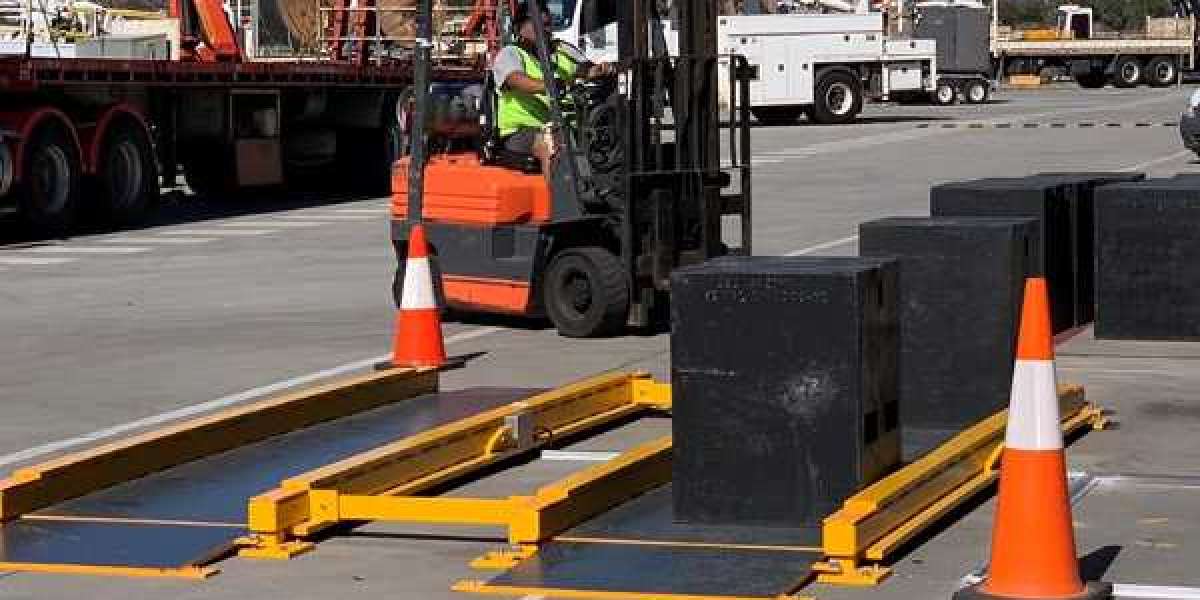Building bridges is an essential aspect of civil engineering, and determining the weight capacity of a bridge is a crucial step in the design process. Engineers use a variety of techniques and tools to ensure that bridges can safely support the weight of vehicles and other loads. In this article, we will explore the methods engineers use to determine the weight capacity of bridges, and introduce you to a reliable 50-ton weighbridge provider: Truck Scale Co., Ltd., China.

Methods for Determining Weight Capacity
There are several methods that engineers use to determine the weight capacity of a bridge. These methods include:
- Load Testing: One way to determine the weight capacity of a bridge is to perform load testing. This involves applying loads to the bridge and measuring the deflection or deformation of the structure. By comparing the measured deflection with the allowable limit, engineers can determine the maximum load that the bridge can safely support.
- Analytical Methods: Engineers can also use analytical methods to determine the weight capacity of a bridge. These methods involve calculating the stresses and strains in the bridge components using mathematical equations. By comparing the calculated stresses and strains with the allowable limits, engineers can determine the maximum load that the bridge can safely support.
- Finite Element Analysis (FEA): FEA is a powerful tool that engineers use to analyze the behavior of complex structures, such as bridges. This method involves dividing the bridge into small finite elements and calculating the stresses and strains in each element. By analyzing the results, engineers can determine the weight capacity of the bridge.
Factors Affecting Weight Capacity
Several factors can affect the weight capacity of a bridge, including:
- Material Properties: The material properties of the bridge components, such as strength, stiffness, and ductility, can significantly affect the weight capacity of the bridge.
- Geometry: The geometry of the bridge, such as span length, height, and width, can also affect the weight capacity of the bridge.
- Loading Conditions: The loading conditions, such as live load, wind load, and seismic load, can significantly affect the weight capacity of the bridge.
50 Ton Weighbridge by Truck Scale Co., Ltd., China
If you are looking for a reliable 50 ton weighbridge manufacturer, look no further than Truck Scale Co., Ltd., China.
Our 50-ton weighbridge is designed to provide accurate and reliable weight measurements for heavy-duty vehicles. It features a robust and durable design, and it is easy to install and maintain. The weighbridge is equipped with advanced weighing technology, ensuring precise and accurate weight measurements.
At Truck Scale Co., Ltd., China, we are committed to providing our customers with high-quality weighbridge solutions that meet their specific needs. We offer customized weighbridge solutions tailored to your unique requirements, ensuring that you get the best possible solution for your business.
To learn more about our 50-ton weighbridge and other weighbridge solutions, please visit our website at https://www.truckscale-cn.com/scs-50t-weighbridge.
In conclusion, determining the weight capacity of a bridge is a critical aspect of bridge design, and engineers use a variety of methods to ensure that bridges can safely support the weight of vehicles and other loads. By using advanced tools and techniques, such as load testing, analytical methods, and FEA, engineers can determine the maximum load that a bridge can safely support. If you are in need of a reliable 50-ton weighbridge provider, Truck Scale Co., Ltd., China is an excellent choice. Our company offers high-quality weighbridge solutions that are designed to meet your specific needs.
 Meet Ups
Meet Ups
 Experiences
Experiences
 Learning Center
Learning Center
 Accommodation
Accommodation
 Roomie
Roomie
 Ride
Ride
 Spread the Word
Spread the Word
 Student Bazaar
Student Bazaar
 Jobs
Jobs
 Blogs
Blogs
 About StudentInsta
About StudentInsta

